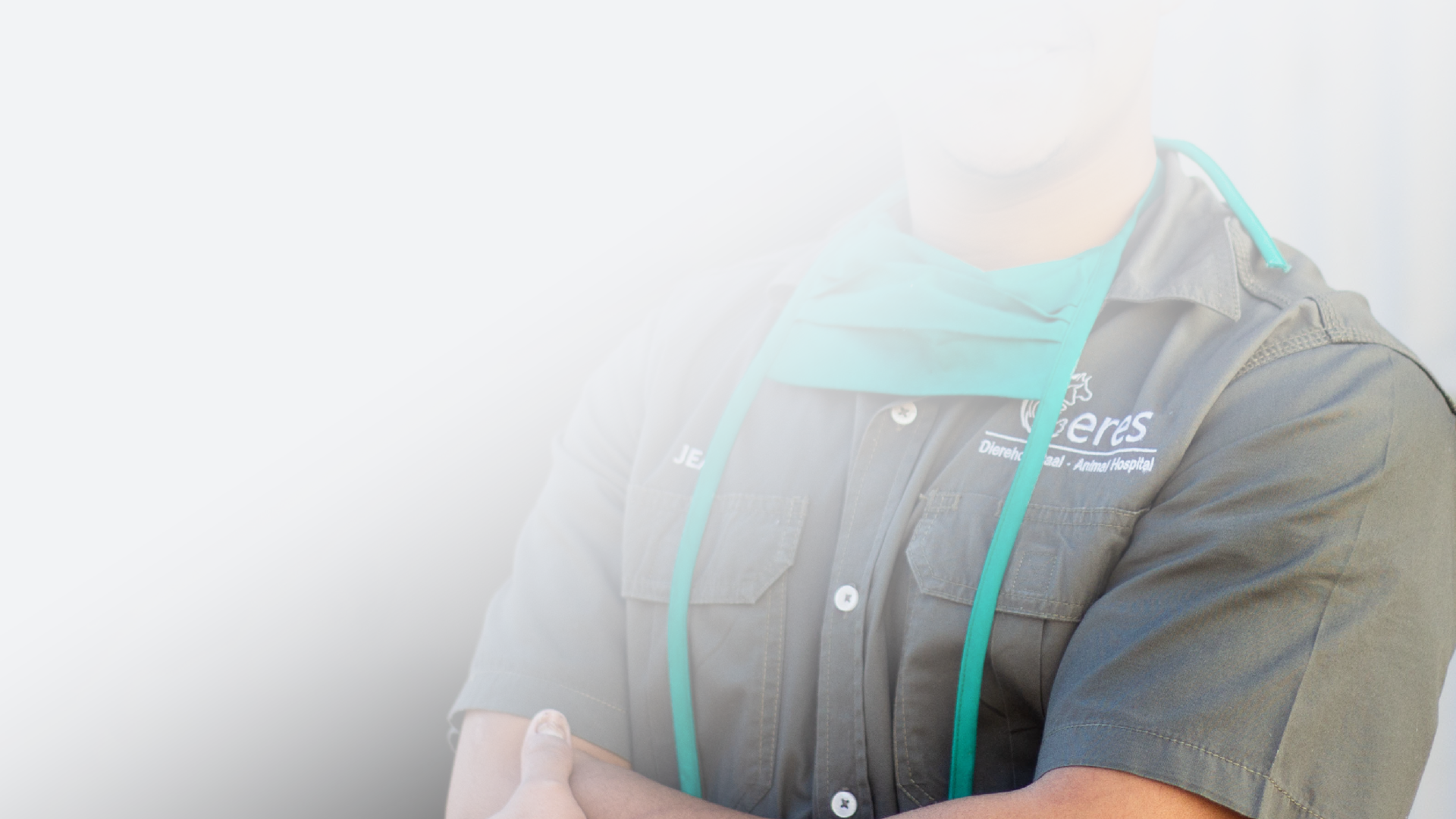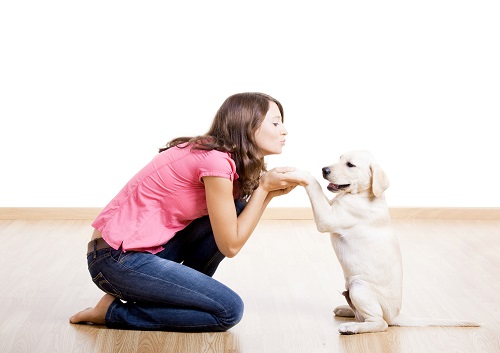 It is important to plan ahead for house training. Always ensure everyone in the house is involved and that everyone knows what the plan is. It is important to have consistency when training puppies so as not to confuse them. Routine is essential for achieving the desired goal of having a puppy with “good manners”. Puppies, as with human babies, benefit greatly from a fixed routine, they feel safer and it helps the learning process.
It is important to plan ahead for house training. Always ensure everyone in the house is involved and that everyone knows what the plan is. It is important to have consistency when training puppies so as not to confuse them. Routine is essential for achieving the desired goal of having a puppy with “good manners”. Puppies, as with human babies, benefit greatly from a fixed routine, they feel safer and it helps the learning process.
Puppies need to be house trained in order to understand what appropriate and inappropriate behavior are. House training is an uncomplicated process that should always be carried out positively (without punishment that scares the puppy) and consistently, following two main guidelines: 1) prevent indoor accidents through confinement and close supervision, and 2) take the puppy outside on a frequent and regular schedule and reward him or her for eliminating where you want him or her to go.
Every puppy will present you with different challenges, but it is important to be patient and to persist. Do not give up. Successful house training depends upon your diligent supervision so you can be there to show your puppy where to eliminate.
The age at which we take puppies home is still at the stage of development when they do not have complete control of their bladder and bowel functions. The older they get the easier it is for them to control and “hold it in”. For this reason the younger your puppy, the longer it may take for house training.
House training may only be complete once a puppy is 6 months or older. Mistakes will happen, but have confidence in your techniques, and you will succeed.
When house training is done correctly it should not be a stressful event but rather a matter of putting a little extra work into getting your new puppy into a routine during the first few weeks after their arrival at your home. Don’t let this natural process take away from any of the joy of a new puppy.
Understanding behavior and limitations of your puppy
An essential fact to remember with dogs is that they do not have a concept of right or wrong, they will only partake in a behavior if it is beneficial or natural to them. Puppies do not understand that eliminating in the house is bad behavior. A puppy will only do what is natural for them, and it is our responsibility to guide this normal behavior into one that is suitable for us as the owner. All this should be done in a safe and comfortable environment to build a puppy’s confidence, promote their learning and avoid stress or fear. A puppy that is reprimanded for eliminating indoors sometime after the incidence has occurred, will just be confused and scared and unable to correlate the punishment to the “crime”. If you catch your pup in the act, punishing them will result in your little one trying to hide his eliminating from you, making the training all the more difficult.
A bonus when it comes to housebreaking is that a puppy’s digestive system is extremely efficient. This mean that within 5 to 30 minutes after the puppy eats, they’ll want to pass a stool. With this in mind, keeping a regular feeding schedule can go a long way to assisting house training.
In the early days of house training one should ensure that they have a safe area to defecate and urinate. If a puppy feels stressed or scared they are unlikely to do it in an appropriate area. Dogs are largely driven by odours in the environment as well as the substrates (the surface they are standing on) they choose to defecate or urinate on. Bearing this in mind, it is beneficial that you always take your puppy to the same area to eliminate.
A good rule of thumb to remember is that the time between eliminating for puppies correlates with their age in months. Following this, a 2 month old puppy will need to eliminate every 2 hours (possibly a bit less) and by the time they are four months old they can last up to 4 hours. This can vary depending on when last they ate or drank water, any physical activity, and also importantly, personal preference. This also does not take into account sleeping, and luckily puppies sleep a lot.
The breed of your dog can have an impact on house training. Larger breeds tend to be easier to house train than small or toy breeds, simply because the smaller dogs need to go more frequently. Smaller dogs are also able to gain access to places or areas that make it more difficult to notice. The result can be bad habits developing (house soiling). No matter the size of your dog, be as stringent and persistent with the training as possible, to ensure a desirable end result.
What NOT to do when training your puppy
- Do not rub your puppy’s nose in his or her waste. This will only confuse and scare them.
- Do not reprimand your dog for eliminating inside. Alternatively you can make a noise (not too harsh). When they have stopped, move them to the correct area.
- Do not physically punish your puppy for accidents in the house. It is important to realise that it was your failure to monitor your puppy sufficiently to determine when they would eliminate.
- Do not crate your puppy if you find that they soil in the crate.
- Do not clean with an ammonia-based detergents as urine contains ammonia and using these cleaning solutions may stimulate your puppy to eliminate in the same spot rather than deter it.
Some tips for house training
- Choose a suitable area for your puppy to eliminate before they are brought home. Start training your puppy immediately.
- Start and stick to a fixed routine, one that your puppy will get used to and learn quickly. This should include fixed feeding times. Most puppies will eliminate within 30 minutes of eating and you should be ready to take them outside when they do. Once you have your schedule in place, do not change things around, as this will lead to confusion and a reversion in the house training behaviour.
A puppy should be taken out:
- In the morning immediately after waking up
- After every meal
- After every nap
- Lastly before he goes to sleep for the night.
- From the first time your puppy eliminates in the correct area, praise them and even give treats as a means of expressing your pleasure.
- House training is a team effort; every member of your household should understand what the training involves and assist whenever necessary. The better everyone sticks to the plan, the faster your puppy will learn.
- Any mistakes or messes in the house should be cleaned up quickly and efficiently. As mentioned before avoid ammonia based detergents.
- It helps to keep a record of when your puppy has last eliminated, this will help to plan when your puppy may need to be taken outside again if constant supervision is not possible.
- Confinement to a small area such as a bathroom or an enclosed exercise pen or crate allows your puppy to establish their natural ‘den’ instinct, assisting in the process of learning where, and where not, to eliminate. This also assists when you are unable to provide supervision at all times. In general puppies do not want to eliminate inside their den area. Combined with diligent supervision to ensure they are taken out when necessary, crating your pup will fast track the house training. Note the crate must be a safe and comfortable environment for your puppy.
- Monitor a puppy for signs of impending elimination such as scratching at the ground, sniffing, circling etc. Should any of these be noticed, either guide your puppy to the designated area, or pick them up and carry them if necessary.
- Routine! Routine! Routine! – and stay positive.
Reasons for a regression in training
The following are reasons why there may be a regression in training:
- Your puppy may be too young to be completely house trained.
- A break down in house training, if someone does not adhere to the house training rules or if the routine is changed or disrupted.
- Other reasons not related to house training can include urine marking, separation anxiety, excitement urination, urinary tract infections and other medical causes for urinary incontinence. For all these it is advisable to seek the advice of a veterinary professional.
As time goes by your puppy will need less and less supervision, they will fall into a routine and will need to eliminate less frequently. The end result will be a fully trained puppy that will not soil the house unless there are unforeseen circumstances.
© 2018 Vetwebsites – The Code Company Trading (Pty.) Ltd.


